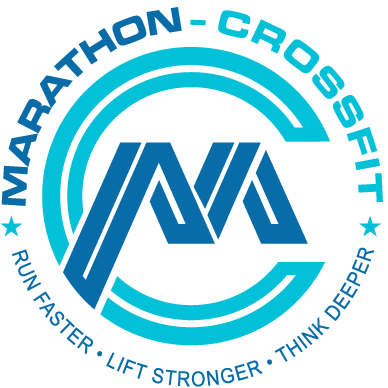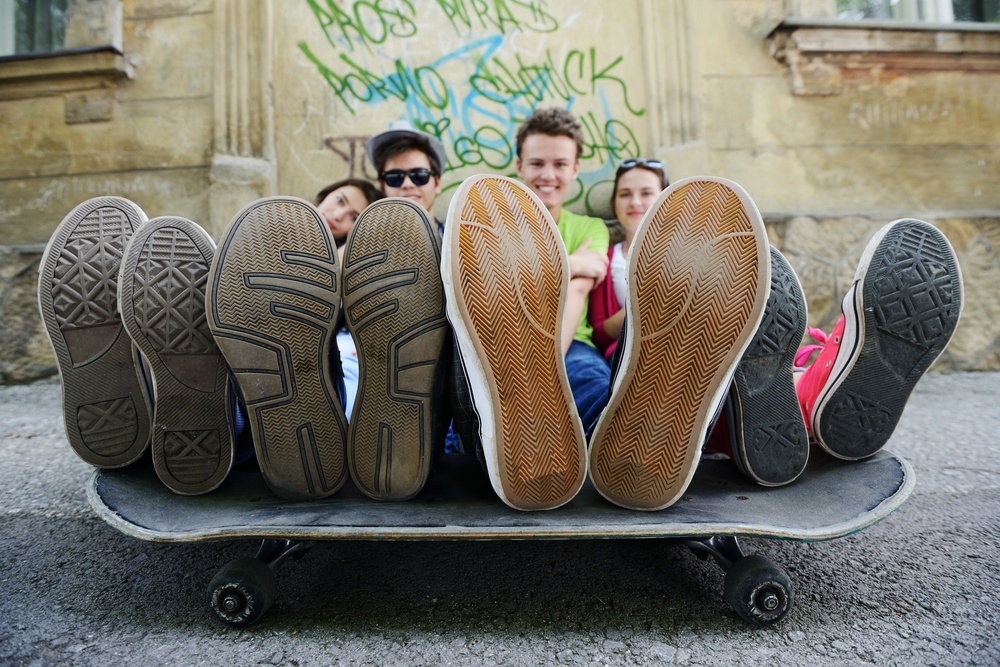Are deadlift slippers good?
This is an article which discusses whether deadlift slippers are good. In total, they are a good value for money option if you do not want to lift in your street shoes. Conventional lifters will benefit. Sumo lifters might want to look into more rigid options for more support. If you want to have deadlift shoes and weightlifting shoes in your gym bag at the same time slippers are the best option.
The question lacks context
As with so many questions in life, this one needs more context. Deadlift slippers are good when you meet the right combination of criteria. They might not be for you if you do not meet these criteria.
On this blog I work with three criteria most people fall under in fitness. These are
- Performance
- Looks
- Health
If you are already interested in deadlift slippers you most likely belong to the first group. It is less likely that your interest lies in the other categories. For anyone in the performance bracket deadlift slippers or another type of footwear for deadlifting is a necessity. Slippers are an entry option.
Why do you need deadlift slippers
You need deadlift slippers to perform the deadlift in most gyms and in competition.
For most powerlifting associations deadlift shoes are mandatory.
Keep in mind that to set a deadlifting world record you might not necessarily special footwear.
Eddie Hall pulled 500kg barefoot.
As a powerlifter who wants to win budget will not really play a role. In this scenario, you will get dedicated deadlifting and squatting shoes. You might even test different pairs like wrestling shoes, slippers and purpose build deadlifting shoes to find the best solution for your personal needs.
When you join a commercial gym you will be reminded that you have to wear shoes. This is mainly for hygiene purposes. Normal streetwear and runners are not ideal for the deadlift. If you have to wear shoes in your gym converse chucks are a good all around solution. If you want to take it up a notch you invest in slippers and weightlifting shoes. Of course, the sky is the limit.
When you train in a gym that is frequented by martial artists or powerlifters it is different. Here you are allowed to lift in socks or barefoot. If that is the case for you and you do not want to compete in meetings save yourself time and money and stop reading right here. Just lift barefoot or in socks and get strong.
Generally, deadlift slippers do not make you strong. The might add 10 - 15 pounds to your pull. The effect of stability can vary based on pulling technique and lifter. Sumo deadlifts will usually benefit more than conventional.
When I got my own deadlift slippers
I got my own deadlift slippers after moving to Berlin. My new gym did not allow training in socks or barefoot. After being reminded three times and threatened to be kicked out with no refund I decided to look into footwear. It was not worth it to lose the money on my 24-month subscription.
As I am a frequent Rogue customer and was ordering some new shirts I just threw the slippers in the cart. They do the job as I lift conventional. If you have any beginner ballerina shoes at home they also would do the trick. I did not want to lift in my squatting shoes as I take my lifting as serious as you can without competing.
The A7 slippers would have been a nice alternative. If I had put more thought into it I probably would have gotten those. They are only slightly more expensive. Would have been nice to test the customer service, check out and feel of a different brand.
Why your normal shoes won’t work
Street shoes and jogging shoes are designed for exactly these purposes. To walk on the streets or to jog. For this you will have some of the following attributes or combinations of them:
- Spongey
- Thick-sole
- Poor lateral support
- Limited ankle mobility
Depending on the make and design. If your local gym allows for it you are better off to deadlift barefoot than in jogging shoes. If your shoes have any cushioning it will be like floating when you deadlift. This minimizes transition of power to the ground. That is not the end of the world but also not desirable. Slippers are a good option if you do not want to spend a lot of money and cannot lift barefoot.
What to look for in deadlift shoes
A deadlift shoe should give you the support you need during a lift. The attributes yous should look for are:
- Flat soles
- Solid soles
- Thin soles
- Traction and Grip
- Snug Fitting and supporting
- Dense
- No Heel to Toe drop (Weighlifting shoes have roughly 20mm)
Here are some examples at both ends of the extreme for deadlifting shoes
- Chucks
- 10mm sole
- Can be worn outside
- Good grip
- Poor ankle mobility
- No Metatarsal support
- Some flexibility
- 20 - 50$
- Sabo Deadlift shoes
- 2,5mm sole
- Can not be worn outside
- Good Grip
- Good ankle mobility
- Metatarsal support
- More rigid than flexible
- 70$ -110$
Deadlift slipper would place somewhere in the middle between these two shoes. The price is moderate and the design is simple. It is as close to barefoot lifting as you can get. If you do not feel like you need additional support from a shoe, they are a good option.
Here links to various models so that you can get an overview
- Sabo Deadlift shoes
- Metal deadlift shoes
- Converse Chuck Taylors
- Metal Deadlift Slippers
- A7 slippers
Pros and cons of deadlift slippers
Compared to other options slippers have the following advantages
- Great ankle mobility
- Quick to get off and on
- Take minimum space in the gym bag as they can be rolled up
- Are relatively cheap
Compared to other shoe options they have the following disadvantages
- Little to no Rigidity /support compared to chucks or wrestling shoes
- Can only be used for one purpose
- No metatarsal support (lace across the top of your foot)
- You would not wear them in public
- Are an extra investment
- Are not necessarily superior to deadlift socks
I like my own pair as I can keep them in my bag while still having my weightlifting shoes in there also. If I had a more rigid pair of deadlifting shoes that would not be possible. If I already had wrestling shoes with a thin sole, I would not bother getting slippers. I try to stay away from chucks for deadlifting as I think that their sole is too thick if you take powerlifting serious.
Conventional vs sumo deadlifts
I only pull conventional so do not take my word for it. If you look into the topic and ask around sumo lifters tend to like the support of wrestling shoes and proper deadlifting shoes. For them, it seems to be more likely that their feet will lose traction with slippers.
Based on a how a sumo deadlift works this makes sense. There is more pressure on the feet to move outwards than in a conventional deadlift. In a conventional deadlift, you mainly care about complying with the rules and staying as close as possible to the ground. Slippers fulfill these requirements.
Conclusion
You do not need slippers to be strong. Slippers are good for conventional lifters who do not want to spend a lot of money on complying with the rules. Sumo lifters might want to put a bit more thought into what they pick. Slippers might not be ideal. In terms of whether they are good to improve your performance they do not matter as much as a belt. Of course they help, but focus your efforts somehwere different.
Further reading
- 7 simple ways to gain on the deadlift
- 72 deadlift dynamite quotes which will make you pull more
- Best deadlift dynamite review which will make you pull more
- Can deadlifts replace the squat?
- Can kettlebell swings replace deadlifts?
- Can you use smolov for the deadlift?
- Selected quotes from deadlift dynamite that will make you stronger
- Try this deadlift thing to get strong like bull
- What kind of deadlift bars are there?
- When is your deadlift considered strong?
- Which is harder bench press oder deadlift?
- Why are there only 1x5 deadlifts in Stronglifts 5x5
- Why deadlift from a deficit?
- Why deadlift with bands?
- Why deadlift with a belt?


